The trouble with adapting a book like Say Nothing: A True Story Of Murder And Memory In Northern Ireland has to do, for one, with scope. “Say Nothing is based on four years of research, seven trips to Northern Ireland, and interviews with more than one hundred people,” Patrick Radden Keefe writes to open his book’s 100 pages of notes on sources (which are then followed by a lengthy selected bibliography). Can a TV adaptation—in this case, one by FX, a network in the midst of quite the year, having brought us both a sprawling, big-budget epic in the form of Shōgun as well as a delightful little surprise with the workplace comedy English Teacher—capture the breadth of all of that research? And even if it can, does that make for compelling dramatic television, the kind that will hook you over the show’s nine 40ish-minute episodes, the sort that will keep you invested in the fates of these players while never losing sight of the bigger-picture politics at play?
Which leads to another hurdle with adapting Say Nothing: Keefe, who is one of the show’s executive producers as well as a staff writer for The New Yorker, is not only able to make this account of The Troubles feel at once very personal, with specific strategies and colorful details that suck you right in as a reader, and yet somehow expansive. He also makes it thrilling to behold, with the book coming off at points like a gripping page-turner that just so happens to also be an illuminating history lesson steeped in tragedy. It’s all, in other words, a lot for a show to take on and live up to.
To pull off these herculean tasks—the scope and, for lack of a more delicate and respectful phrasing, thrills—Say Nothing the show presents things essentially through the lenses of two central characters: Dolours Price and Brendan Hughes, key players for the IRA dating back to the early 1970s who, in the 2000s, sit down for interviews for The Belfast Project, an oral history on The Troubles from Boston College that promises not to divulge any accounts until after that particular participant’s death. (Lola Petticrew and Maxine Peake portray the young and older Price, while Anthony Boyle and Tom Vaughan-Lawlor do the same for Hughes.)
But Price is really the focus here, as her story is never pushed to the background even when her involvement in the IRA itself dwindles or vanishes. If this show has a protagonist, it’s her. (It’s no coincidence that the photograph of her face, with her turtleneck pulled up to just under her eyes, graced the book’s cover and was recreated for the show’s promotional art.) She and her sister Marian (Hazel Doupe) were essentially born into the cause, living in the “shite” (read: Catholic) part of Belfast under the same roof as their aunt (Eileen Walsh), whose eyes and hands were blown off by an explosive, father (Stuart Graham), a proud former IRA member, and mother (Kerri Quinn), who, like many women of her time, didn’t actively carry out operations but supported the mission through, say, burying guns in her back garden.
During a peaceful march for Catholics’ rights on a sunny afternoon, the Price sisters and their fellow protesters are ambushed by men with bricks, bottles, and clubs, seemingly with the approval of the cops on hand. “I looked into the eyes of the people who were beating us,” Dolours recalls decades later, “and they were glazed over with hate. And I thought to myself, ‘No, I’m never gonna convert these people.’” Quickly, the pair joins up with the IRA under the oversight of a young Gerry Adams (Josh Finan), and the show charts Dolours’ journey from running weapons over the border to delivering touts (members suspected of being informants) for execution to carrying out bombings in London to going on a hunger strike during a prison sentence.
Say Nothing does, like the book, have some arresting moments and images. Two touts—one of whom looks like he’s still going through puberty—are forced to their knees over their already dug graves as a priest reads their last rights, with everything cloaked in white morning mist like they’re in a snow globe. And later on, the miniseries flashes forward through most of the ’80s with archival footage of unrest, bloodshed, Molotov cocktails, and Margaret Thatcher set to Suede’s “Animal Nitrate” that brings to mind Shane Meadows’ stirring intro to This Is England and feels like a narrative move the show should have relied on more often. (Speaking of, it’s worth singling out the great Rory Kinnear [Years And Years], whose turn as a British counterinsurgency strategist is too brief. That said, Petticrew brings a headstrong, mischievous spirit to Dolours, and Boyle a swagger to Hughes.)
However, something about the production (it could be the reliance on a score that, at times, double-underlines the tick-tock drama and trauma these people are absorbing) doesn’t quite suck you in like the book does, even as it deploys well-choreographed, high-octane chases and attempts to stick faithfully to the source material. (Like in Keefe’s telling, the show is bookended by the case of Jean McConville [Judith Roddy], a mother of ten who was abducted by masked IRA members from her flat in 1972.) Although often bursting with style and period details, things unfold almost at a slight distance.
In terms of where Say Nothing sits with other onscreen depictions of The Troubles, particularly those of the ’90s during the height of pop culture’s fascination with the conflict, it’s much more in line with the good stuff (like In The Name Of The Father by Jim Sheridan, whose daughter Kirsten wrote for this show) than the bad or, perhaps more accurately, dumb (Patriot Games). (Interestingly, Dolours herself was married to actor Stephen Rea, the star of The Crying Game.) And what’s more, it feels far more exhaustive and complete, with, indeed, something to say and plenty for viewers to discuss after its elegiac ending. It’s just too bad, then, that the book was so damn good.

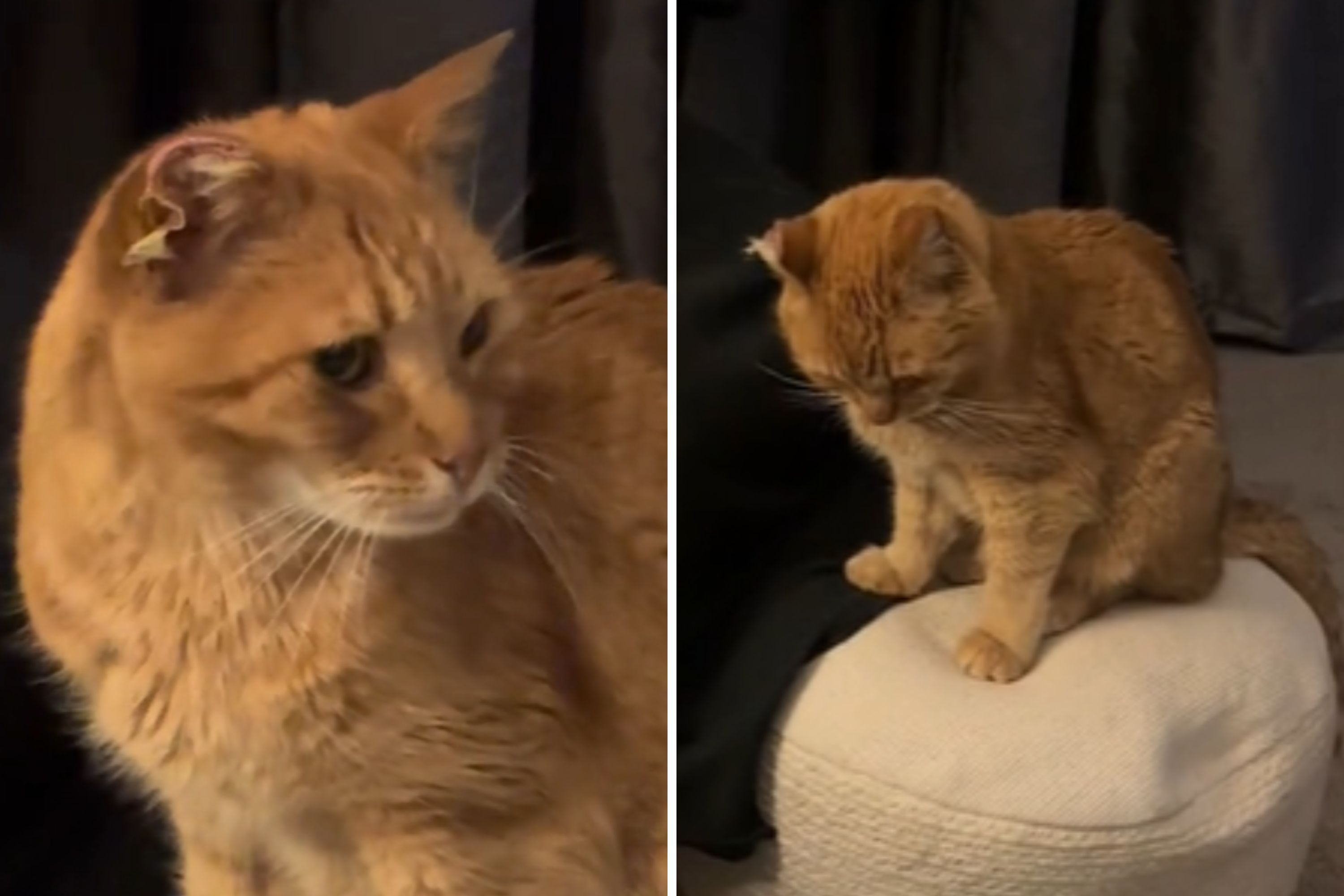

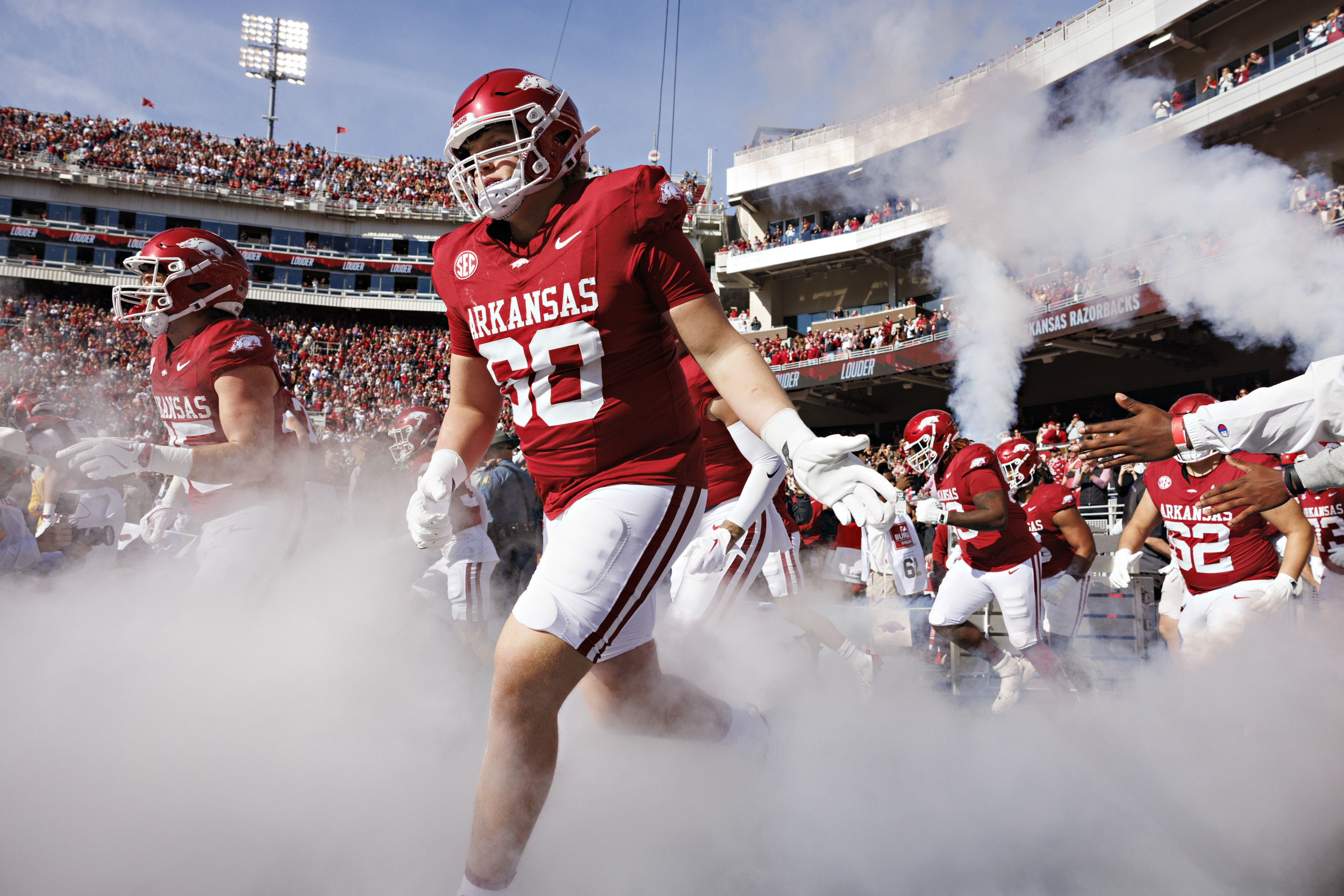
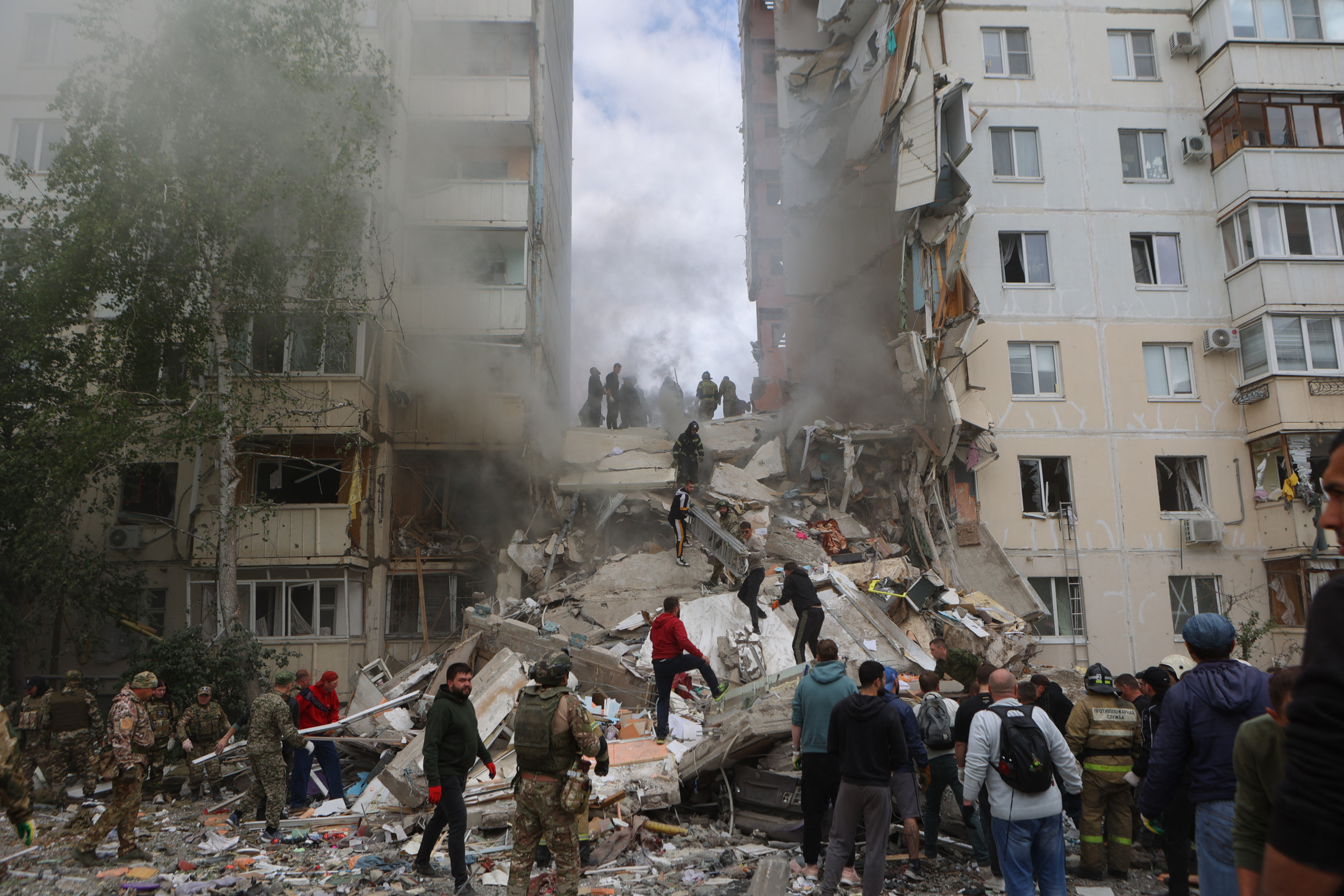
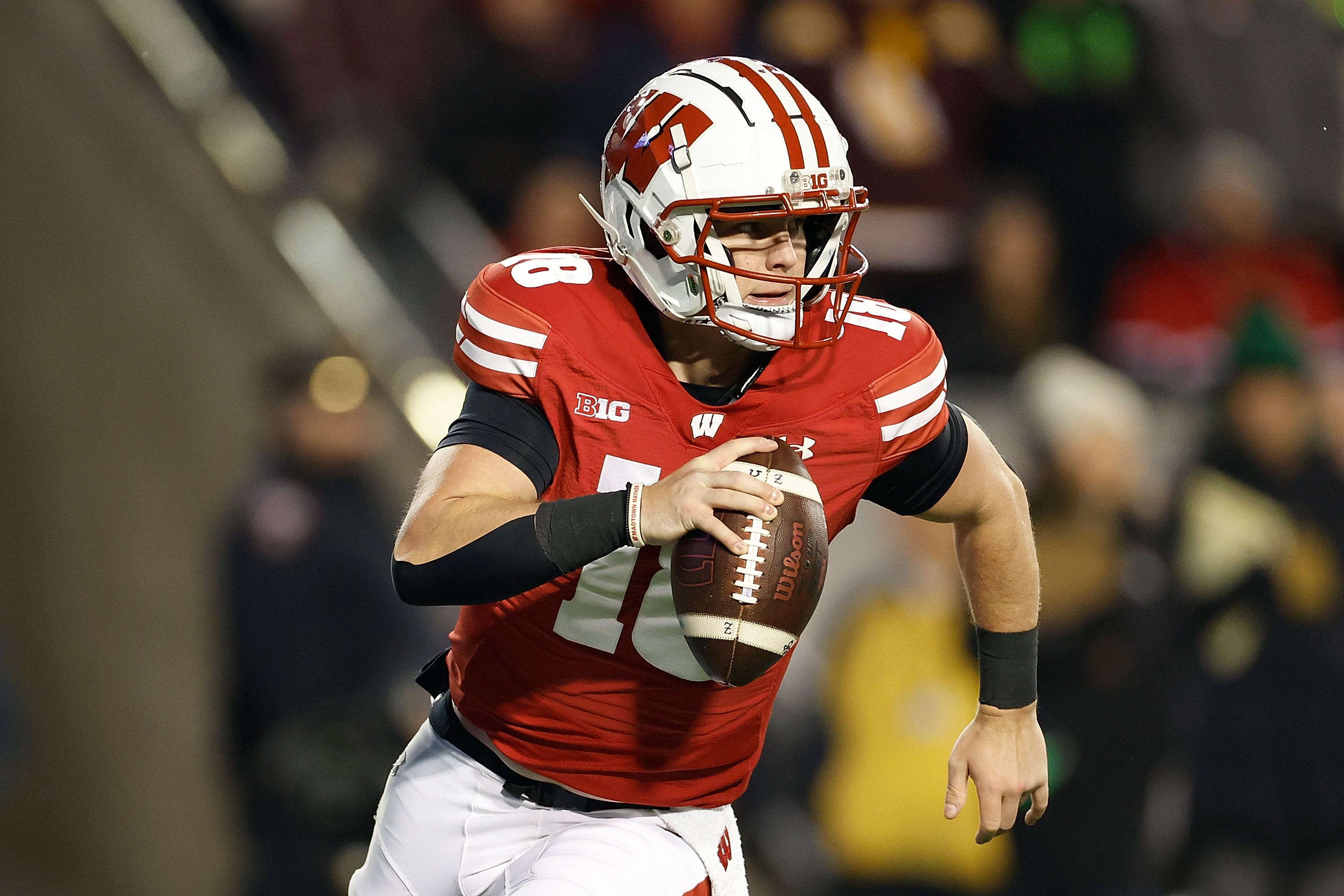

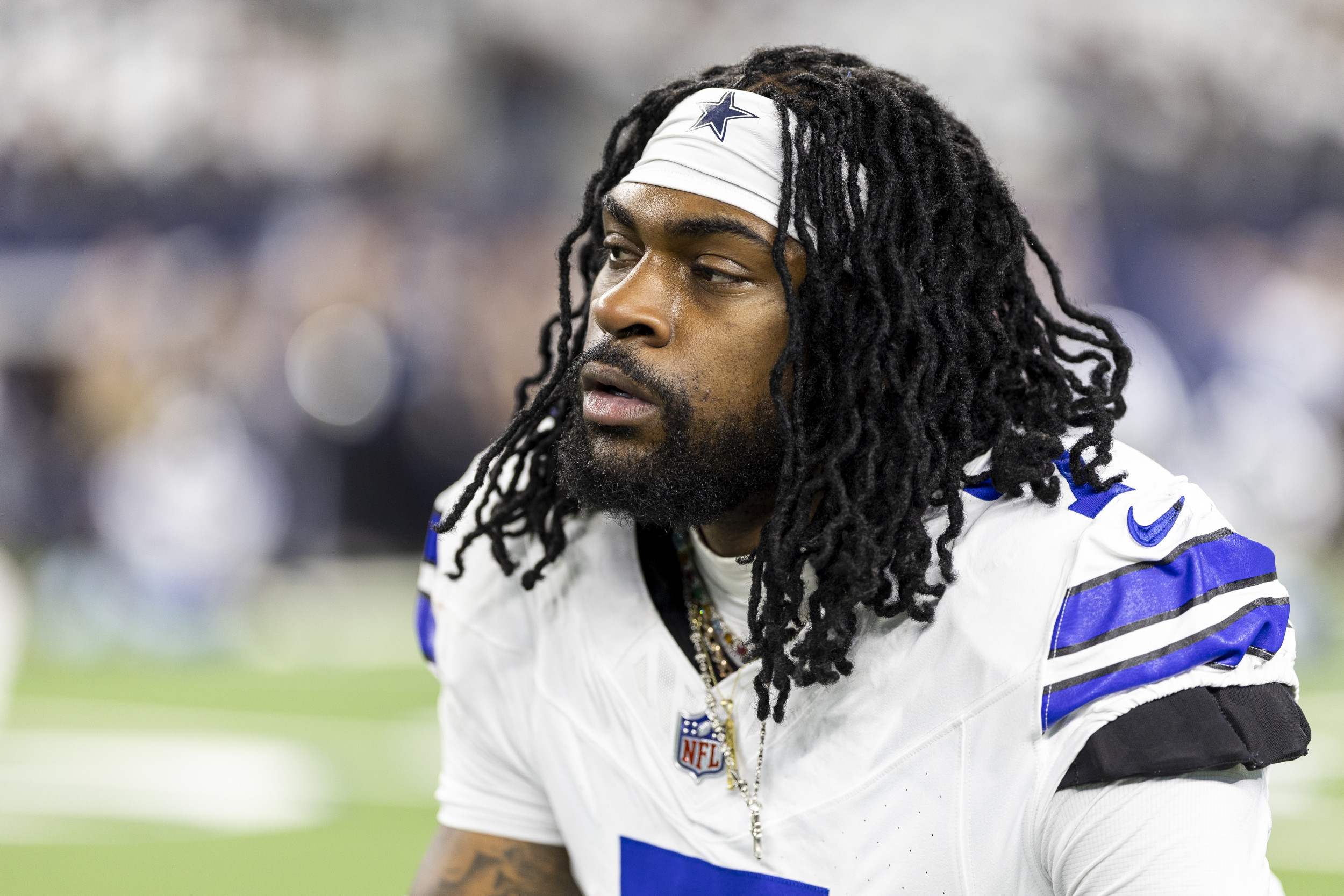












 English (US) ·
English (US) ·